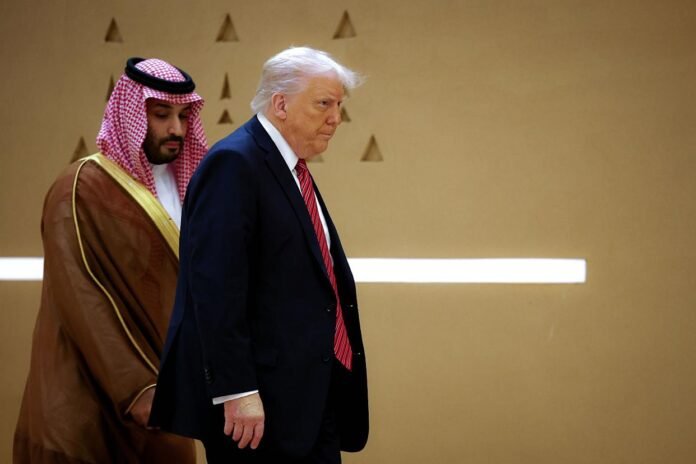President Donald Trump’s aggressive promotion of artificial intelligence partnerships in the Middle East is stirring controversy within his administration. While the deals appear promising economically, not everyone in Washington supports them. Critics argue the initiatives may jeopardize national security.
As Trump finalizes major tech deals during his Gulf tour, China hawks in his team are sounding alarms. According to senior officials, these AI deal concerns center on the fear that sensitive technologies may fall into the wrong hands.
Moreover, officials believe that some regional partners maintain close ties with Beijing, increasing the risk of backdoor data access.
These warnings, however, have not stopped Trump from promoting AI ventures as job creators and economic multipliers.
While Trump praises the deals for boosting innovation, skeptics demand a deeper risk assessment. They warn that fast-tracking international AI deals without safeguards may hurt long-term US interests.
Additionally, there are AI deal concerns about how American tech firms will protect intellectual property in such global partnerships.
Although some US companies have voiced support, they remain cautious about sharing core algorithms abroad.
Trump’s economic team views the agreements as vital for maintaining US leadership in emerging technology. Meanwhile, national security advisors urge tighter controls and vetting procedures.
As a result, these AI deal concerns are now causing friction between the White House’s economic and security wings.
Insiders reveal that several top officials have requested a temporary halt on new signings until stricter review mechanisms are in place.
While Trump touts AI collaboration as a victory for American leadership, the growing dissent suggests deeper challenges ahead. Ultimately, how the administration handles these AI deal concerns will determine the sustainability of its global tech agenda.


